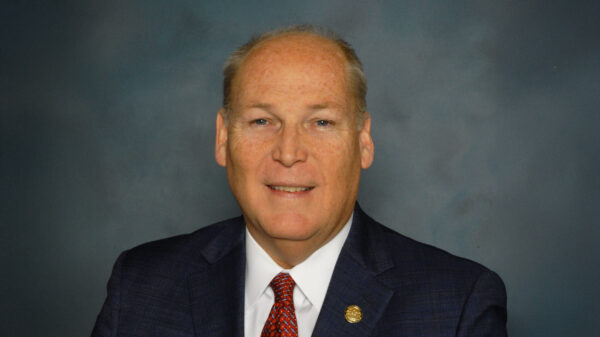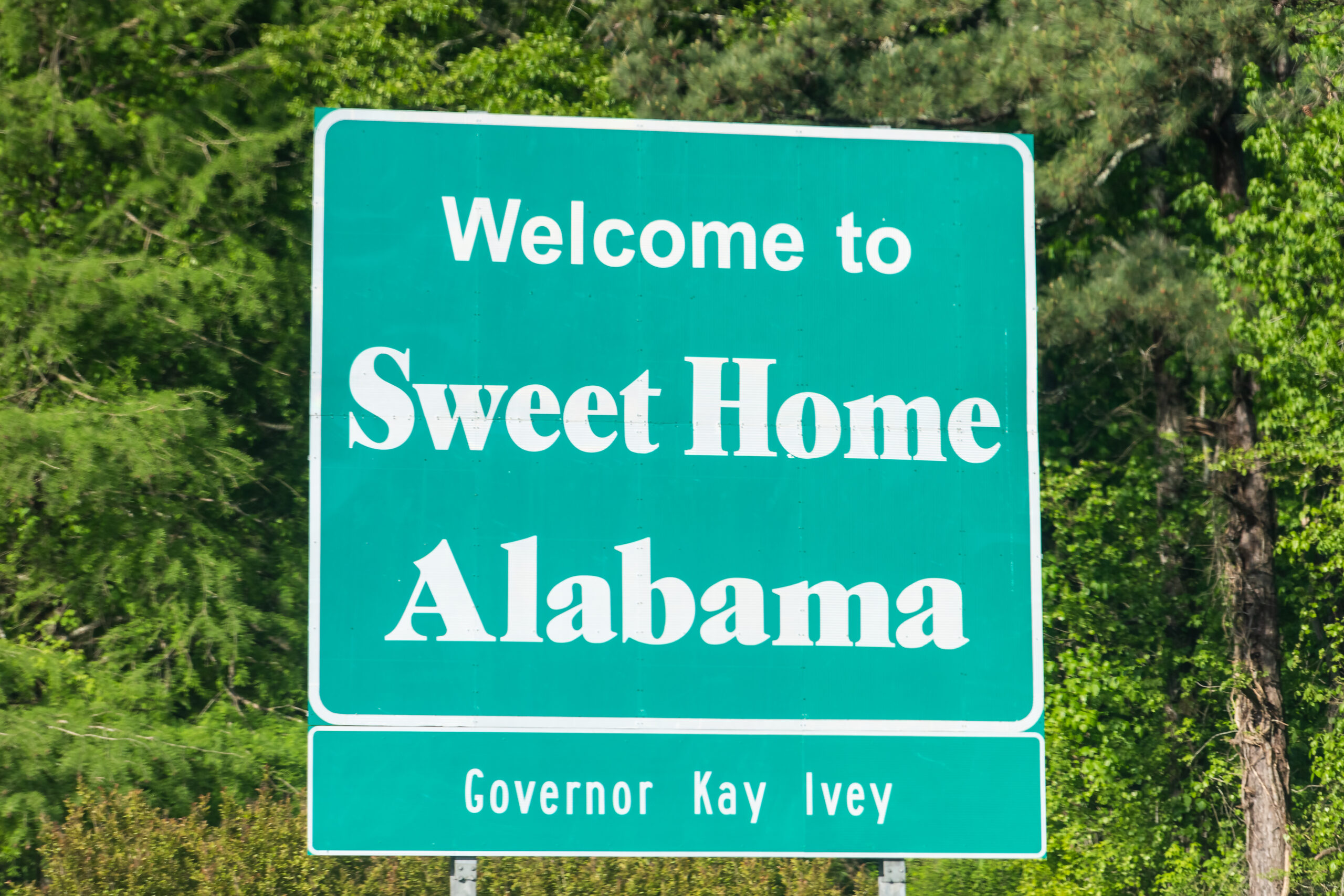Traveling across distant horizons has a way of changing us. It broadens how we see the world, and it alters how we see ourselves. Standing in places shaped by forces far older than our own nation—whether among the ruins of ancient Greece or the echoes of Europe’s monarchies—casts America’s present divisions in sharper relief. The lesson is unavoidable: democracy, freedom and national identity are never fixed. They are tested, bent and remade with each generation. And through that wider lens, we rediscover both the fragility and the promise of our own American experiment.
As we’ve traveled through Greece, we’ve met people from Austria, Belgium, Norway, Germany and beyond. The encounters have rarely been small talk. They often turn into searching conversations about the world we all share. Yet almost every exchange begins the same way. When asked where we are from, we answer: America. Then comes the inevitable follow-up: where in America? When we reply Alabama, the answer is always sung back—“Sweet Home Alabama”—as if Lynyrd Skynyrd’s anthem had become our state’s passport.
Even those who couldn’t find Alabama on a map know the song. It rings out in bars, at festivals and on football terraces across Europe. Detached from its 1970s political subtext, it has become a feel-good chorus of Southern pride—an easy shorthand for guitars, freedom and wide-open landscapes. To Europeans, Alabama means Selma, George Wallace and “Sweet Home Alabama.” A complicated legacy carried on a three-chord riff.
But that contrast—between a chorus sung in a tavern in Athens and the realities of life back home—is telling. Abroad, Alabama is reduced to a song and a few indelible chapters of history: slavery, segregation, civil rights. At home, we live with a far more complicated inheritance—one still unfolding in today’s bitter fights over who belongs, who leads and who is left behind. Travel sharpens that awareness. Hearing Alabama’s name echoed joyfully in places where its deeper struggles are little known forces a question: what will the next chapter be, and will it be remembered for more than a tune?
When the conversations continue, they almost always turn to politics. Many still admire America’s liberty, its innovations, its commerce and its diversity. They still see in our people the promise of hope and prosperity. But increasingly, they also see a dark storm gathering—one that threatens not only America’s future but the stability of the world. They feel the disruption in their own nations when America falters, and they watch with unease as a country once seen as flawed but stable now teeters on the brink of becoming something unrecognizable: a superpower unbound from law, justice and equality.
More than once, I’ve heard praise for America’s diversity and freedom of choice, celebrated as our greatest strengths. Yet in the same breath, I’ve heard the fear that our leaders are abandoning the very principles that once made us a beacon—a shining city on a hill. To them, America risks becoming a place where the outsider, the refugee and the foreigner are no longer welcome, and where the nation’s light is dimmed not by enemies abroad but by choices made at home.
Nowhere are these tensions more visible than in Alabama. Our state has been a stage for America’s deepest struggles, from race to religion to education. At our best, we have led the nation toward justice. At our worst, we have resisted so fiercely that we became a cautionary tale. Today, Alabama and America sit in a moment that demands choice—not of slogans or symbols, but of substance. What marks this moment is not only conflict but creeping apathy: too many citizens silenced by disillusion, too many leaders content to repress rather than inspire, too much energy spent on culture-war distractions while struggling schools, rural hospitals and neglected communities go unanswered. This is not simply poor governance—it is the slow suffocation of civic life.
Yet history teaches decline is not inevitable. Athens endured, Rome’s legacy still shapes us, and Alabama too carries within it the seeds of renewal. Travel makes that lesson vivid. Nations rise when their people refuse resignation and instead choose courage, creativity and compassion. If abroad Alabama is remembered in song, let us work so that at home it is remembered in substance. The question before us is simple: will we be content to be known only for our struggles and stereotypes, or will we summon the will to be known for the hope and justice we choose to build together? That choice, more than a song, will define how Alabama and America are remembered—not for what we once were, but for what we still have the courage to become.


















































